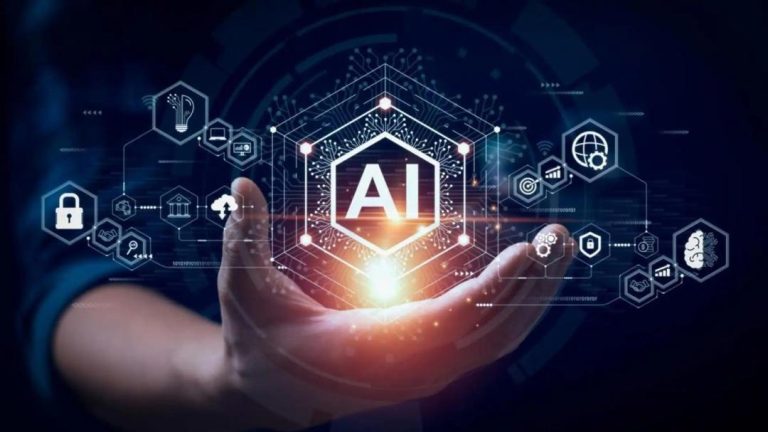
Title: AI Shifts the Engineer’s Role to CEO: OpenAI’s Srinivas Narayanan
The rapid advancements in Artificial Intelligence (AI) are transforming the way software engineers approach their work. A recent statement by Srinivas Narayanan, VP of Engineering at OpenAI, highlights the significant shift that AI will bring to the role of software engineers. According to Narayanan, AI will push software engineers to adopt a mindset more akin to that of a CEO, focusing on defining the “what” and “why” of a problem, while AI systems increasingly handle the “how” of building and execution.
In an increasingly automated world, AI is becoming a crucial component in the software development process. As AI takes over the more mundane and repetitive tasks, engineers will need to focus on higher-level thinking and decision-making. This shift requires engineers to develop a CEO-like mindset, where they prioritize defining the problem statement, setting the direction, and making strategic decisions.
The “What” and “Why” of the Problem
In the past, engineers spent most of their time coding and troubleshooting. However, as AI assumes more responsibility for the “how” of building and execution, engineers will need to focus on the “what” and “why” of the problem. This means defining the problem statement, setting the direction, and making strategic decisions. Engineers will need to develop a deeper understanding of the business goals and objectives, ensuring that the solution aligns with the company’s overall strategy.
The CEO-like mindset requires engineers to think more holistically, considering the broader implications of their work. They will need to balance technical skills with business acumen, understanding how their solutions will impact the organization and its stakeholders. This shift will enable engineers to make more informed decisions, drive business growth, and stay ahead of the competition.
The “How” of AI
AI systems are increasingly capable of handling the “how” of building and execution. This means that engineers can focus on defining the problem statement, setting the direction, and making strategic decisions, leaving the technical implementation to AI systems. AI-powered tools and platforms can automate tasks such as coding, testing, and deployment, freeing up engineers to focus on higher-level tasks.
The Integration of AI in Software Development
The integration of AI in software development is already underway. AI-powered tools and platforms are being used to automate tasks such as:
- Code generation: AI can generate code for specific tasks, reducing the time and effort required for coding.
- Code review: AI-powered tools can review code, detecting errors and suggesting improvements.
- Testing: AI-powered testing tools can identify bugs and defects, reducing the need for manual testing.
- Deployment: AI-powered deployment tools can automate the deployment process, ensuring seamless and efficient deployment.
The Benefits of AI in Software Development
The integration of AI in software development brings numerous benefits, including:
- Increased efficiency: AI-powered tools and platforms can automate tasks, reducing the time and effort required for coding, testing, and deployment.
- Improved accuracy: AI-powered tools and platforms can detect errors and defects, reducing the risk of human error.
- Enhanced collaboration: AI-powered tools and platforms can facilitate collaboration between engineers, ensuring that everyone is on the same page.
- Faster time-to-market: AI-powered tools and platforms can accelerate the development process, enabling companies to bring products and services to market faster.
Conclusion
The integration of AI in software development is transforming the role of software engineers. As AI assumes more responsibility for the “how” of building and execution, engineers will need to focus on the “what” and “why” of the problem. This shift requires engineers to develop a CEO-like mindset, prioritizing defining the problem statement, setting the direction, and making strategic decisions.
AI-powered tools and platforms are already being used to automate tasks such as code generation, code review, testing, and deployment. As AI continues to evolve, engineers will need to adapt to this new reality, developing a deeper understanding of the business goals and objectives.
The future of software engineering is exciting, and it will be shaped by the integration of AI. By adopting a CEO-like mindset and focusing on the “what” and “why” of the problem, engineers will be able to drive business growth, stay ahead of the competition, and create innovative solutions that transform industries.





